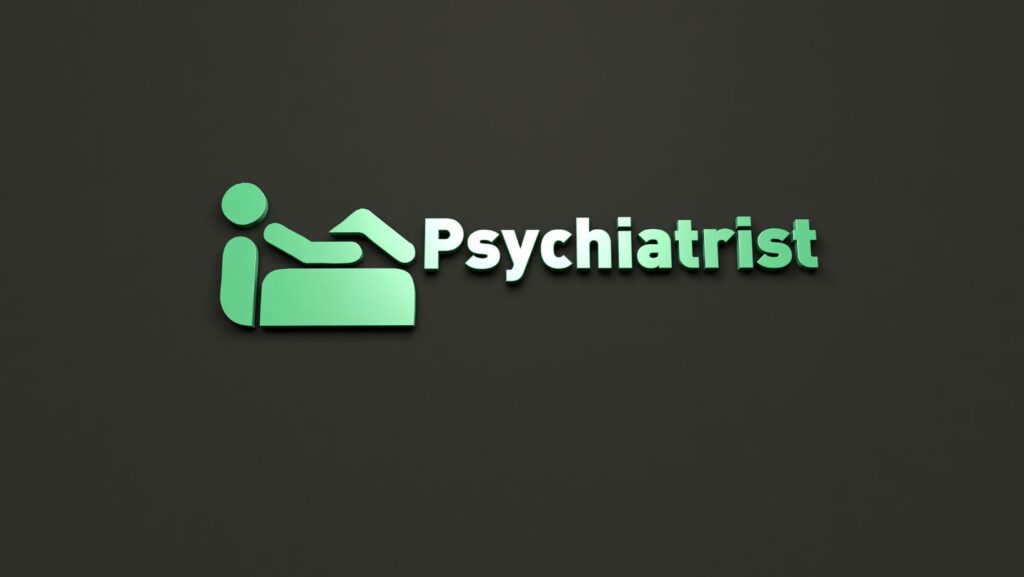Managing complex mental health cases can seem daunting, but many online psychiatrists have risen to the challenge. Many of these professionals use a combination of medication management, personalized therapy, and continuous follow-up to ensure comprehensive care. Services such as Online psychiatrist services at Reimagine Psychiatry offer expert help through insurance-covered telemedicine appointments, making it easier for you to receive the care you need from the comfort of your home.
Online psychiatrists use secure video calls and messaging to maintain regular communication with their patients. This consistent contact helps them monitor progress and adjust treatment plans as necessary. Having the ability to reach out whenever symptoms change or new issues arise is important for managing complex conditions effectively.
Moreover, many platforms allow you to pick your own provider, tailoring the care to fit your individual needs. Whether you require specialized care for specific conditions like ADHD or need more affordable options, you can find services that match your criteria. This flexibility is one of the key strengths of online psychiatry and helps ensure you’re receiving the best possible treatment.
Challenges and Approaches in Online Psychiatry
Managing mental health care online comes with its unique set of challenges. Online psychiatrists need to establish trust and handle medication management effectively while complying with specific laws and integrating therapy into their care plans.
Establishing Trust and Rapport Remotely
Building trust with patients over the Internet can be challenging. Without face-to-face interactions, it’s harder to read body language and non-verbal cues. Online psychiatrists often rely on video calls to help bridge this gap.
Using consistent and clear communication is key. Doctors can improve rapport by being punctual, maintaining eye contact, and actively listening. Creating a comfortable virtual environment also helps ensure privacy and confidentiality to make patients feel secure.
Developing trust takes time. Setting clear expectations for each therapy session and providing follow-ups can show commitment and build a stronger patient-doctor relationship.
Navigating Medication Management and Prescriptions
Medication management in telepsychiatry requires careful coordination. Online psychiatrists must accurately diagnose conditions and prescribe treatments without in-person encounters. This includes working with pharmacies to ensure patients receive their medications.

Effective use of digital health tools can assist in tracking medication adherence. Patients can benefit from apps that send reminders and monitor side effects. Sharing this information during sessions allows for timely adjustments to treatment plans.
Regular follow-ups are necessary. These help assess the effectiveness of prescriptions and make necessary changes, ensuring that patients receive the best possible care from a distance.
Compliance with the Ryan Haight Act
The Ryan Haight Act regulates the online prescribing of controlled substances to ensure patient safety. Online psychiatrists must comply with this law, which typically requires an in-person examination before prescribing certain medications.
However, exceptions exist, especially in cases of long-term doctor-patient relationships. Telepsychiatry providers need to understand these exceptions and document all interactions carefully. Meeting requirements might involve collaboration with local healthcare providers for initial assessments.
Keeping up with legal updates is essential. Organizations like the American Psychiatric Association provide resources and guidelines to help online psychiatrists stay compliant with the Ryan Haight Act.
Integrating Therapy and Medication in Telepsychiatry
Balancing therapy and medication in telepsychiatry can be complex. Online psychiatrists must ensure that therapy sessions and medication plans complement each other.
Using comprehensive treatment plans that include cognitive-behavioral therapy (CBT) and medication can optimize patient outcomes. Digital tools offer new ways to integrate these treatments seamlessly. Online psychiatrists can use apps to provide therapy exercises that reinforce session topics and track progress.
Timely communication and coordination with therapists are necessary. This helps in aligning therapeutic goals with medication management, providing a holistic approach to mental health care.
Operational Aspects of Online Psychiatric Services
Online psychiatric services simplify accessing mental health care by offering flexible scheduling and various insurance options, ensuring both privacy and convenience. Here are the necessary operational components.
Insurance Coverage and Cost Variations
Insurance coverage for online psychiatry varies. Many services accept major providers like Aetna, Cigna, and Blue Cross Blue Shield. Medicare Part B covers some telehealth services, including mental health care. Medicaid coverage also applies in some states, but it depends on local regulations.
Costs differ widely. Some platforms offer sessions starting at $79, while others can be more expensive. It’s important to check with your insurance to understand what’s covered and what you’ll be paying out of pocket. Discounts are sometimes available for long-term plans or bundled services.
Scheduling and Managing Appointments
Scheduling appointments with an online psychiatrist is straightforward. Telehealth platforms typically allow you to book sessions through their websites or apps. You can choose between phone or video call options depending on preference and convenience.

Many services provide flexible appointment times, including evenings and weekends, to accommodate busy schedules. Platforms make it easy to reschedule or cancel appointments through their user-friendly interfaces. Automated reminders and customer service support further streamline the process, ensuring you never miss a session.
Ensuring Privacy and Convenience through Technology
Privacy is important in online psychiatric services. Most platforms use secure, HIPAA-compliant technology to protect personal information. This includes encrypted video calls and secure messaging systems.
Apps and websites often have built-in features to improve convenience, such as digital prescription services that connect directly to your pharmacy. Some services offer 24/7 access to records and progress notes. Platforms emphasize user-friendly interfaces, making it simple to manage your care from any device. This blend of privacy and convenience ensures a seamless and secure patient experience.
Conclusion
Online psychiatrists play a key role in managing complex mental health cases. By offering accessible and flexible care, they help bridge gaps in traditional mental health services. Advances in telehealth technology continue to improve treatment outcomes for various mental health issues. Utilizing online care can significantly broaden your options for effective mental health treatment.
